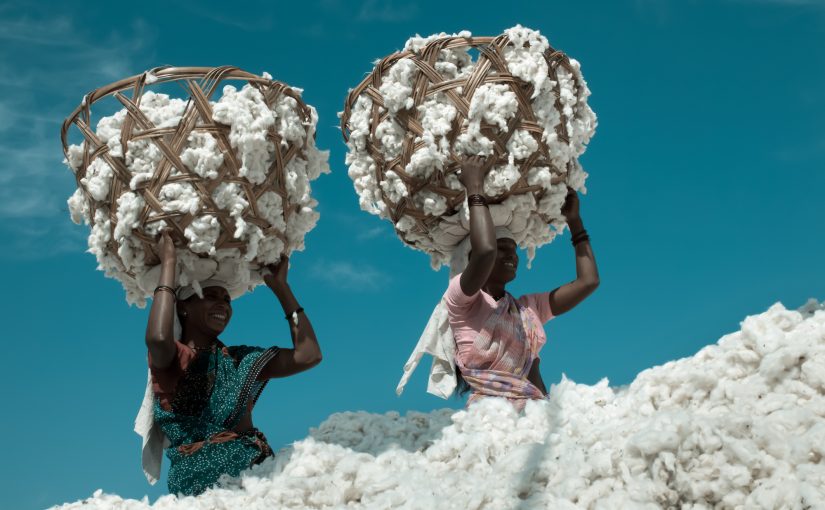The fashion industry is the world’s second most polluting industry, with the textile industry using more water than any other industry apart from agriculture. Cotton has been called the world’s dirtiest crop due to its heavy use of insecticides (almost 16% of all insecticides produced globally) and water, along with high greenhouse gas emissions and land use.
Cotton is a primary raw material in the textile market, with 26.2 million tonnes being produced globally in 2013/14. If you look in your wardrobe, the majority of your clothes are probably made from cotton or a cotton blend, it’s everywhere in our homes. Not only that, it’s next to our skin everyday, we depend heavily on cotton, which in turn depends heavily on the environment – but with organic cotton that does not have to be true.
Organic Cotton
Buying products made with organic cotton rather than non-organic may not seem like a huge difference, but it can really benefit the environment and workers in developing countries, as well as you!
So many of our favourite clothing brands such as Thought, People Tree, Ethletic and Patagonia ensure they use organic cotton among other sustainable fabrics. This clothing is high quality, fashionable and made to last.
Environment

Growing organic cotton is better for the planet than non-organic cotton. As no synthetic fertilisers or toxic pesticides are used to help the crop grow, the farmers build soil fertility and lock CO2 into the soil, and the wildlife and rivers remain unpolluted from this kind of farming. Non-organic farming systems can be responsible for poisoning wildlife and rivers, and killing an estimated 16,000 people each year.
Genetic Modification (GM) is also banned in organic farming. It is estimated that 30% of cotton grown around the world is genetically modified. Critics argue that as we don’t know the long-term effects, this poses a potential risk to wildlife and human health, and exposes farmers to unnecessary expense.
Workers
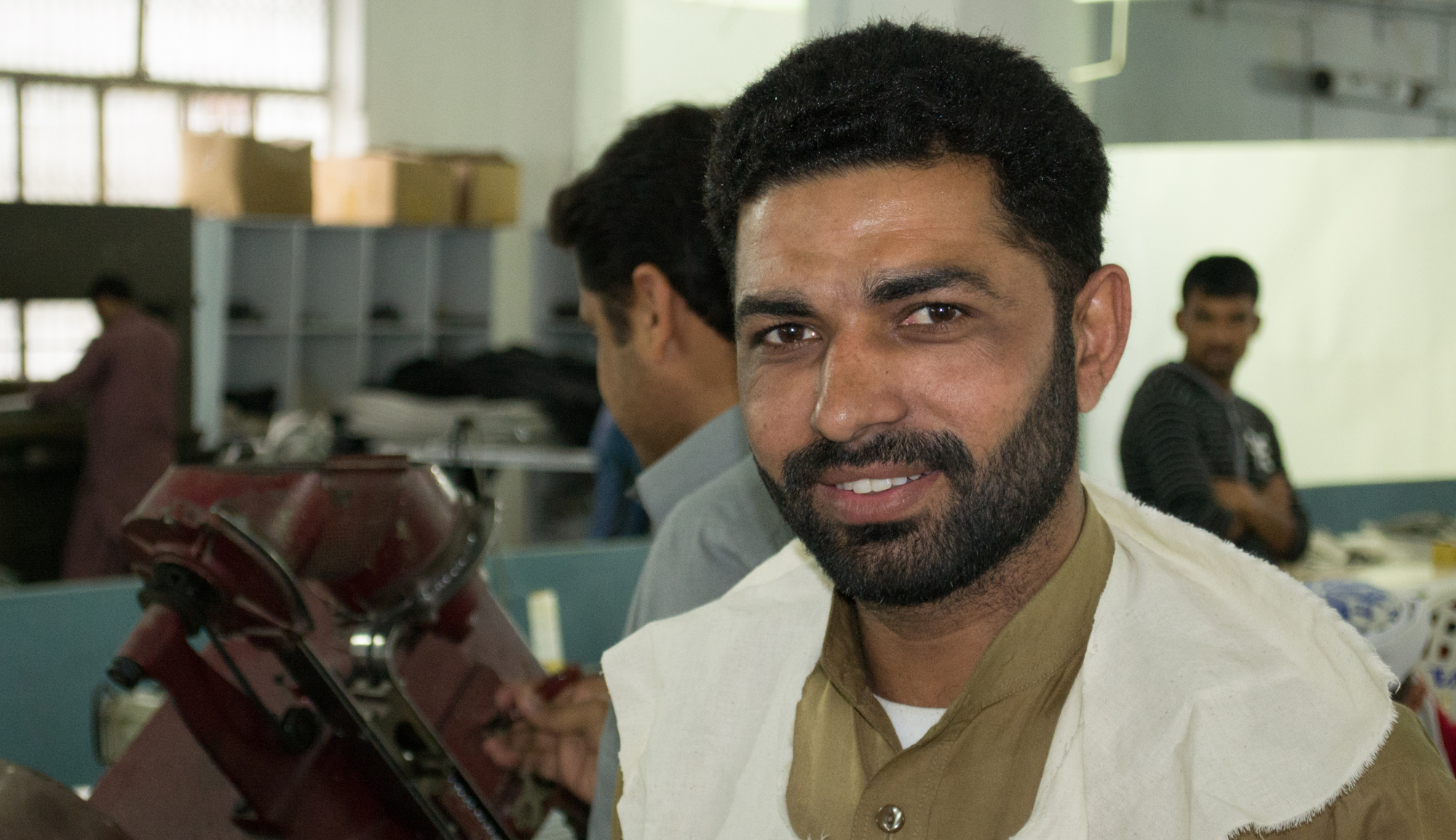
Since farmers don’t use potentially toxic pesticides to grow the cotton, workers benefit by avoiding the associated health benefits and deaths that are common in non-organic cotton production. This also reduces costs and farmer debts, something which has resulted in thousands of farmer suicides in the developing world.
For most organic certifications, working conditions in factories must also meet certain criteria when it comes to minimum wage, working hours, child labour and more. This is to ensure nobody is being exploited during the production process of the clothing.
You

Organic clothing is so much better for you too. Because there are no harmful chemicals used to grow the cotton, the final products do not contain allergenic, carcinogenic or toxic chemical residues. These can cause allergies, skin rashes or respiratory problems as they are inhaled or absorbed through the skin.
Organic Certifications
There are a range of different organic certification bodies for textiles. But remember some companies do use organic cotton to make their clothes but they may not be certified. These can be quite costly and smaller brands are unable to gain some certifications.
GOTS
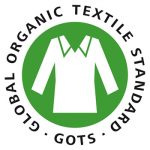 The Global Organic Textile Standard (GOTS) is the worldwide leading textile processing standard for organic fibres, including ecological and social criteria, backed up by independent certification of the entire textile supply chain.
The Global Organic Textile Standard (GOTS) is the worldwide leading textile processing standard for organic fibres, including ecological and social criteria, backed up by independent certification of the entire textile supply chain.
OCS
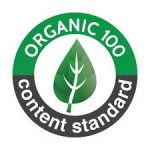 The Organic Content Standard is a voluntary standard that aims to ensure trust in organic content claims by verifying the presence and amount to organic material in a final product.
The Organic Content Standard is a voluntary standard that aims to ensure trust in organic content claims by verifying the presence and amount to organic material in a final product.
Soil Association
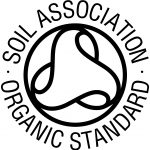 The Soil Association is the country’s leading organic certifying body offering a range of organic and sustainable certification schemes across food, farming, health & beauty and textiles. People Tree often use Soil Association Certified organic cotton to make their clothes.
The Soil Association is the country’s leading organic certifying body offering a range of organic and sustainable certification schemes across food, farming, health & beauty and textiles. People Tree often use Soil Association Certified organic cotton to make their clothes.
OE100 & OE Blended
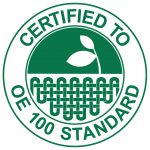 These certifications from the Organic Exchange certify products either with 100% organic fibre or those made with a blend of fabrics that includes a minimum of 5% organic cotton.
These certifications from the Organic Exchange certify products either with 100% organic fibre or those made with a blend of fabrics that includes a minimum of 5% organic cotton.
Let us know your thoughts in the comments below. Do you have a favourite organic cotton fashion piece?

